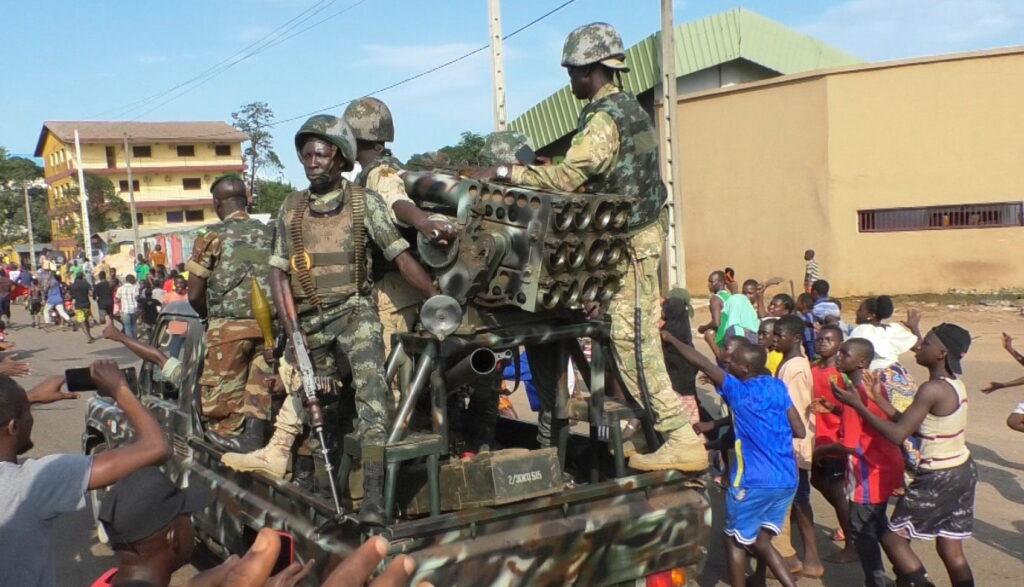Africa-Press – Lesotho. Ten years ago this was a fairly academic question. The average number of coups a year in Africa fell by half following the reintroduction of multiparty politics in the early 1990s, sparking optimism that a new international “anti-coup” norm would bring an end to military regimes.
In these heady days, the hope was that the Lome Declaration of 2000, and the promise of the African Union and regional bodies such as ECOWAS to reject unconstitutional changes of government, meant that civilian rule was here to stay.
The costs and benefits of coups in Africa are no longer an academic question. Following a spate of military interventions, first in Zimbabwe in 2017, and then in Chad, Mali and Guinea this year, (a coup was also narrowly averted in Niger in March), there are a host of recent examples to look at.
This trend has triggered an urgent discussion about the nature of coups in the African context that has focussed on two main issues. First, why are coups back on the agenda and will the three this year encourage further military intervention? Second, do coups actually deliver better government?
A lot has been written about the first issue, including a number of blogs that have argued that if military leaders realise they can take power with minimal consequences, “there will be more coups before the decade is out”.
Others have cautioned that this trend is likely to be limited to those countries that have history of military interventions. The countries that have experience coups recently represent less than 10% of all African states, and – with the notable exception of Zimbabwe – have suffered coups before.
Many other states have never experienced army rule, including Botswana, Kenya, Malawi, Tanzania and Zambia, and there is no reason why military takeovers thousands hundreds of miles away should dramatically change that.
Much less has been said whether coup actually “work”. The best way to answer this question is to review the impact of coups over the past 80 years. Sadly, whether we look at the Democratic Republic of Congo or Nigeria – or Guinea, Mali and Zimbabwe themselves – there is a little evidence that coups deliver anything that citizens actually want.
Although they are often hugely popular to begin with, coups beget more coups, not economic growth and democracy. There are many ways that we could define a good coup.
Given the range of options available – stability, jobs, GDP per capita, quality of democracy – it is perhaps best to evaluate coup leaders on their own terms.
When I was researching Democracy in Africa, I read as many of the statements that coup leaders made just after taking power as I could get my hands on.
Most justified their actions on the basis of the need to protect the country from some form of threat – often said to be the former civilian government itself, which had become corrupt and divisive while failing to deliver development and stability.
In some cases, coup leaders explicitly argued that they had intervened to save democracy from itself. While there was considerable variation in the language and priorities of these statements, there were also some common themes, the most notable of which included:
So if we evaluate coups on the basis of these promises, has Africa seen many “good coups”? Let’s start with the most obvious point. Countries rarely experience just one coup. Look at Benin.
Following an initial coup in 1963, shortly after independence, the country went on to see four more successful coups before 1972, after which there appear to have been no less than five unsuccessful attempts.
Burkina Faso has a similar story to tell, with a first successful coup in 1966 and then further coups in 1980 1982, 1983, and 1987. Other countries to have witnessed multiple coups include Burundi, the Central African Republic, Chad, Comoros, Ghana, Guinea-Bissau, Lesotho, Mauritania, Nigeria, Niger, Sierra Leone, Sudan and Togo.
For More News And Analysis About Lesotho Follow Africa-Press






